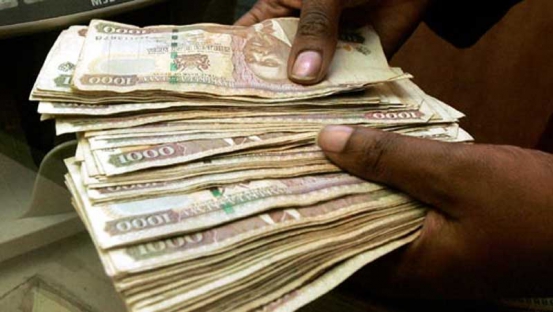×
The Standard e-Paper
Fearless, Trusted News

For every Sh100 the Kenyan Government collects in revenue, Sh25 will soon go towards servicing debt, the International Monetary Fund (IMF) has warned.
The lender of last resort said yesterday the country’s debt burden was hurtling towards unsustainable levels, with the bulk of total revenues being gobbled up by debts.







